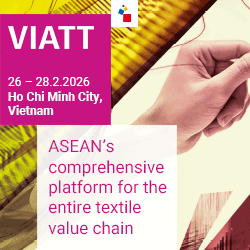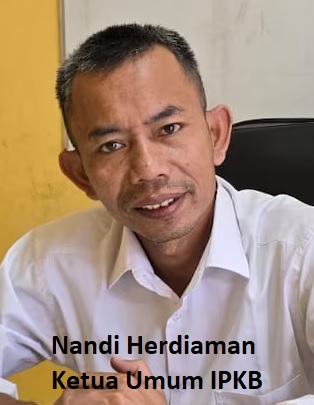Advetorial
Inovasi Produk
Perspektif
Teknologi
Berita Populer
- Industri Tekstil Tumbuh 7,43% di Kuartal III/2024 Meski Banyak Pabrik Tutup: Peran Restriksi Perdagangan
- Meski Diterpa Gempuran Produk Impor, Industri Tekstil Bandung Tetap Tumbuh
- Perpaduan Teknologi dan Tenun Tradisional: Sebuah Inovasi Terbaru
- Industri Tekstil Tumbuh Positif, Kemenperin Fokus Dorong Kemandirian Nasional
- Menuju Masa Depan Berkelanjutan: Inovasi Teknologi Tekstil Ramah Lingkungan








